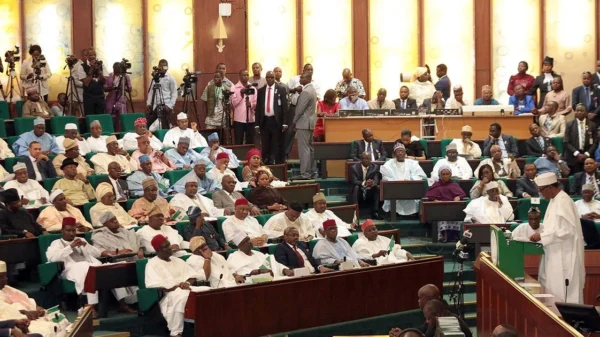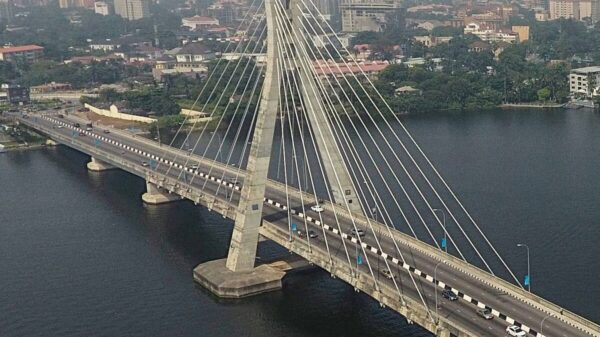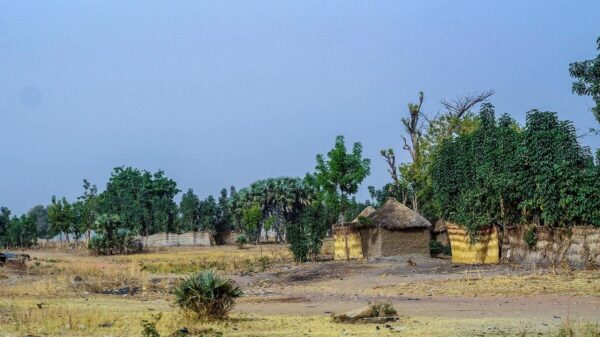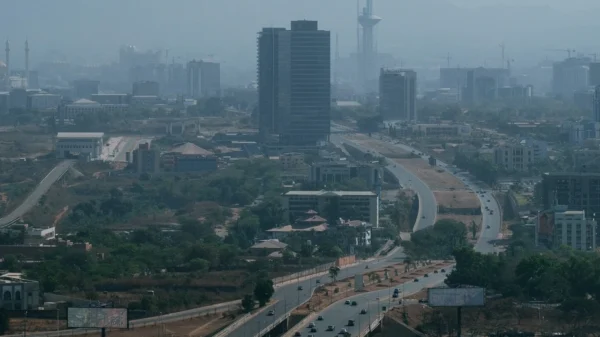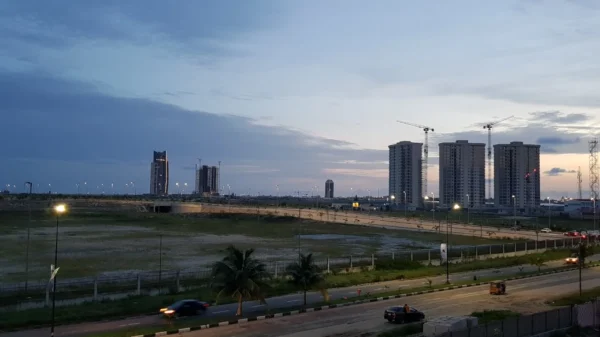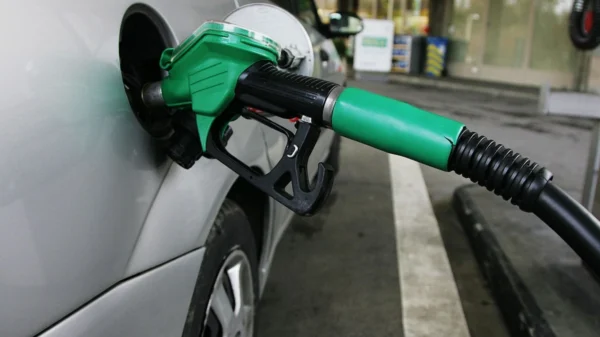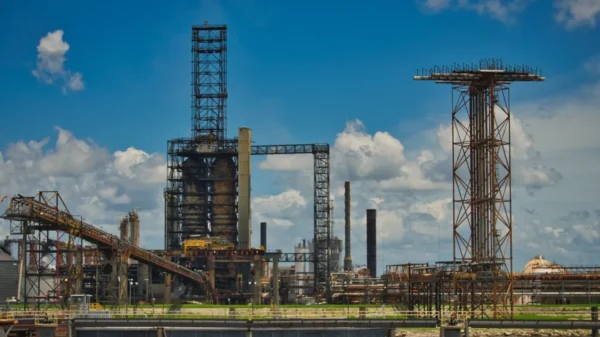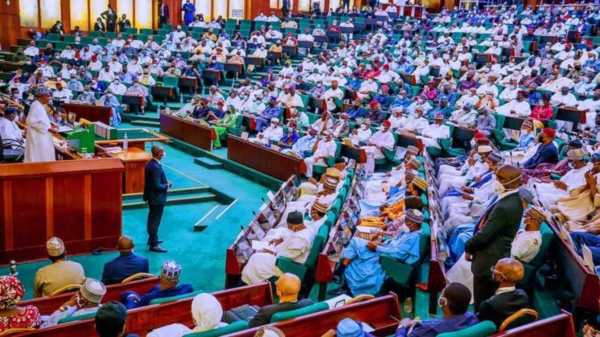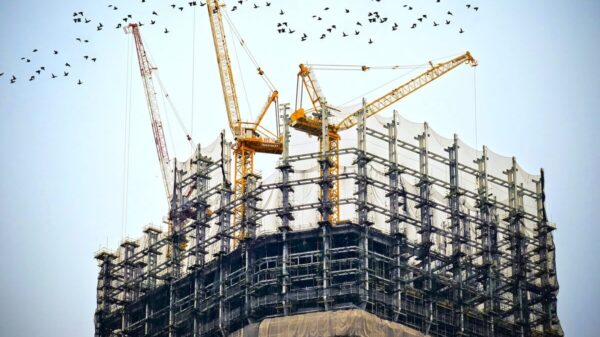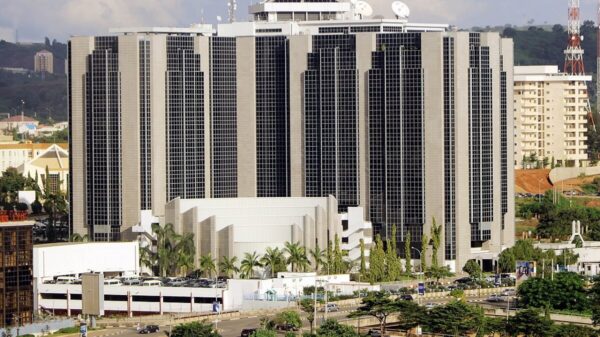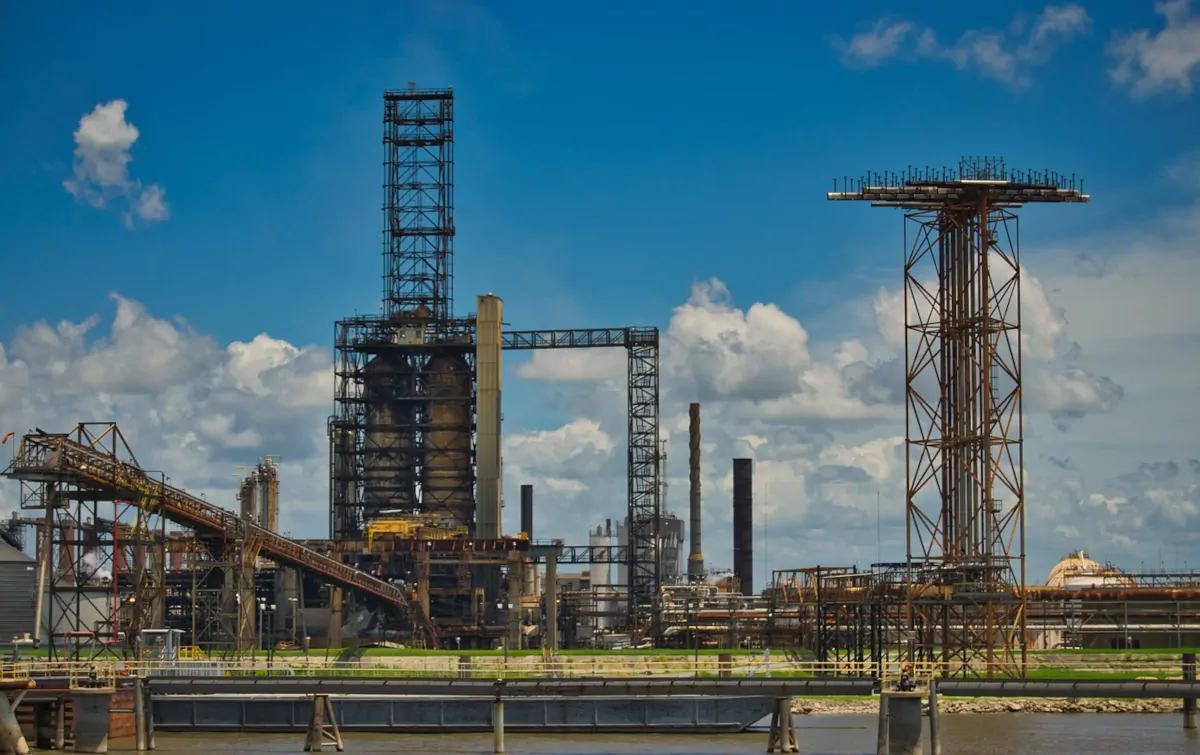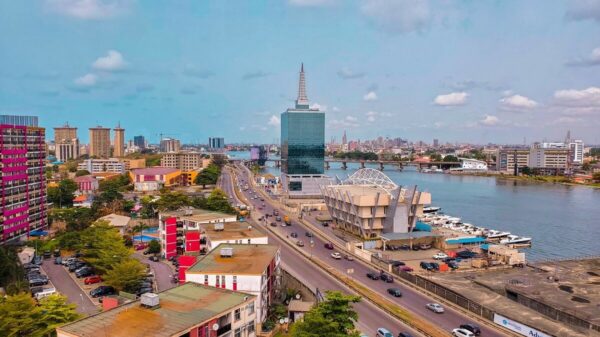Major Takeaways
- The Dangote Refinery when operational will be able to meet Nigeria’s gasoline demands and export any surplus petroleum products.
- A declining supply of crude oil along with inadequate storage and inefficient transportation networks are challenges the refinery will have to overcome.
- Increased energy security, investment in infrastructure, reduced unemployment and fuel prices are things to expect with the completion and operation of the refinery.
Nigeria plays host to a plethora of ironies.
The fastest growing economy in Africa is home to the 2nd highest number of poor people in a nation. A country that supplies electricity to its neighbors while its citizens enjoy epileptic power supply. The 15th largest producer of crude oil in the world suffers periodic bouts of fuel scarcity and is one of the biggest importers of gasoline.
Nigeria currently produces under 1.1 million barrels of crude oil per day (bpd) from its oil fields in the Niger Delta. A member of the Organization of Petroleum Exporting Countries (OPEC), oil exports make up 80% of the country’s revenue and the oil and gas sector contributes 6 -10% of the nation’s gross domestic product (GDP). According to OPEC, Nigeria recorded over 41 billion dollars in crude exports in 2021.
Contribution of oil and natural gas sector to GDP in Nigeria from the 4th quarter of 2018 to the 3rd quarter of 2022. Source: Statista
While the country manages to thrive on its exploration and production of crude, the majority of its refined petroleum is imported through the Nigerian National Petroleum Corporation Limited (NNPCL). Previously known as NNPC, the company ended operations as a government corporation on the 17th of February, 2023.
The corporation will continue to provide petroleum to Nigeria but the cost of the country’s fuel subsidy program weighs heavily on the company’s cash flow. To cushion the effect of high fuel prices, the country spends over 7 billion dollars annually on subsidies, which accounts for 14% of the national budget for 2023.
Now you might be wondering, “if Nigeria produces so much oil, why does it spend so much on imports and subsidies?” Well, to produce and use petroleum products, you must refine the crude oil first.
The Nigerian government owns 4 crude refineries expected to provide the nation’s daily petroleum requirement of 450,000 bpd. The 4 refineries have a combined maximum capacity of 445,000 bpd which should be enough to meet the country’s demands. However, each facility suffers from dilapidated structures and are currently inoperable. Over the years, plans have been made to revamp these refineries but have been met with questionable actions and mismanagement of funds.
Where do we go from here?
Nigeria is the only OPEC state that imports 90 to 95% of petroleum products it consumes. The country intends to improve its local refining capacity with the help of business magnate, Aliko Dangote.
The Dangote Refinery is a multi-billion dollar refinery project located at the Lekki Free Trade Zone in Lagos, Nigeria. The site also contains a fertilizer factory expected to produce 3 million tonnes of urea annually to boost local fertilizer production. Construction and development of the refinery began in 2017 by Dangote Industries. As at October 2022, the refinery was said to be 97% complete, with operations set to begin by mid 2023.
Once operational, the refinery’s 650,000 bpd crude refining capacity will produce millions of litres in petroleum products (gasoline, diesel, aviation fuel, etc). It would also be capable of meeting Nigeria’s daily petroleum requirements and export its excesses. Crude oil will be supplied to the refinery from oil fields in the Niger Delta through the largest subsea pipeline in Africa.
To ensure purchase of crude from Nigeria, the NNPC owns a 20% stake in the company. In return, 300,000 barrels of crude oil per day will be supplied for the next 20 years. This will increase local refining capacity and reduce Nigeria’s dependence on imported petroleum products. Furthermore, it will save the country billions of dollars in petroleum imports and strengthen its depleting foreign exchange reserves.
With increased capacity, the price of fuel in Nigeria is expected to decrease, but not without the effect of certain policy changes. Compared to other countries, Nigerians buy fuel at a much cheaper rate due to the billions of dollars spent on its subsidy program. The country plans to end this subsidy regime in the middle of 2023.
An immediate effect would be an increase in the price of fuel which would be sold at the pumps closer to the average global price of $1.3 (598 naira) per litre. The removal of fuel subsidy is a controversial issue in Nigeria, and there are arguments both for and against it. With the advent of Dangote’s refinery and refurbishments to the local refineries, the pros should outweigh the cons.
Domestically produced petroleum would not need to be imported, which could reduce transportation and other associated costs. It would reduce fuel smuggling and black market activities thus leading to lower fuel prices. However, it is important to note that the price of fuel is also influenced by many other factors, including global oil prices, exchange rates, taxes, and government policies. Therefore, while increased domestic production of petroleum could potentially lead to lower fuel prices, it is not the only factor that determines fuel prices in Nigeria or any other country.
Challenges posed to this development.
There are lots of positives the refinery will bring but there are challenges that need to be addressed to ensure maximum returns. Nigeria’s crude supply has been on a decline in the last few years. There have been massive differences between the crude produced at oil fields and the amount supplied for refining due to oil theft and bunkering. Pipeline vandalism has plagued the country for decades and efforts to stop the acts have been futile. Also, Nigeria’s fuel distribution network is inefficient, with inadequate storage facilities and transportation infrastructure.
On the bright side, collaboration with the Nigerian Association of Road Transport Owners (NARTO), would see majority of the refinery’s products transported via sea and the rest through trucking. To ensure safe transport of the country’s crude and refined products, security will have to improve and crack down on perpetrators of oil theft.
Impact on Nigeria’s Workforce and Investment Space.
The Dangote Refinery is certain to have a positive impact on employment in Nigeria. It is estimated that the refinery will create more than 70,000 direct and indirect jobs when operational. Construction of the refinery alone has already created tens of thousands of jobs, including skilled and unskilled labor. It will also require a large workforce to operate and maintain. This includes engineers, technicians, and other skilled workers. In addition, the refinery is expected to create job opportunities in related industries such as petrochemicals, plastics, and fertilizer production. This is a great step in reducing Nigeria’s 33% unemployment rate.
The refinery is a massive investment in Nigeria’s infrastructure. By attracting investment in other sectors, such as power generation, transportation, and real estate, local businesses are set to bloom and spur economic growth.
Furthermore, development of the refinery has already attracted other investors to the country, as the project has demonstrated that large-scale infrastructure projects can be successfully executed in Nigeria. This could help to catalyze further investment in the country’s infrastructure, which is a critical prerequisite for sustained economic growth.
Overall, the Dangote Refinery is a major infrastructure project that has the potential to transform Nigeria’s economy and position the country as a regional hub for the refining and petrochemical industry. It is set to have a profound impact on the economy, bringing much-needed jobs, reducing fuel prices, and improving the country’s trade balance, energy security, and investment climate.
(Exchange rate: $1 = 460 Naira)
Princewill is an aspiring engineer. When he isn’t battling differential equations, he indulges the fiction-verse and writes words of radiance.


